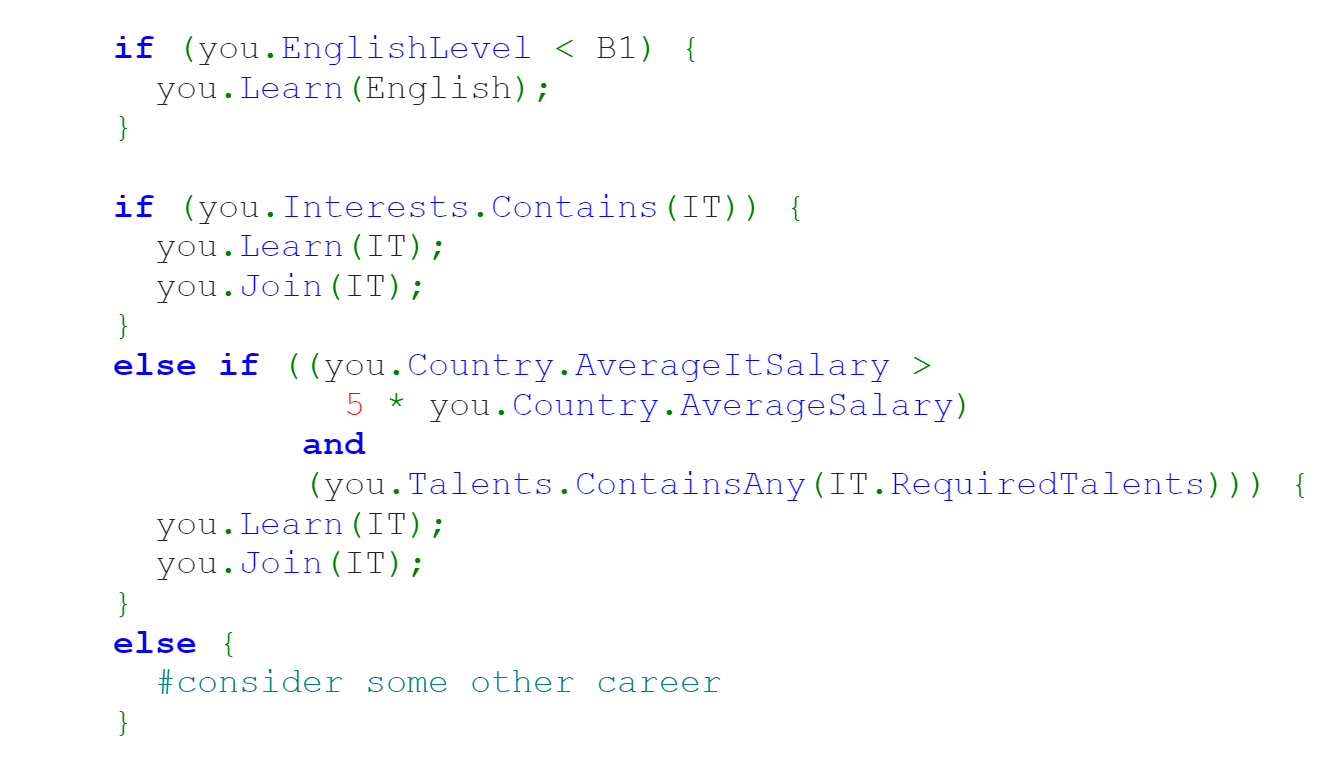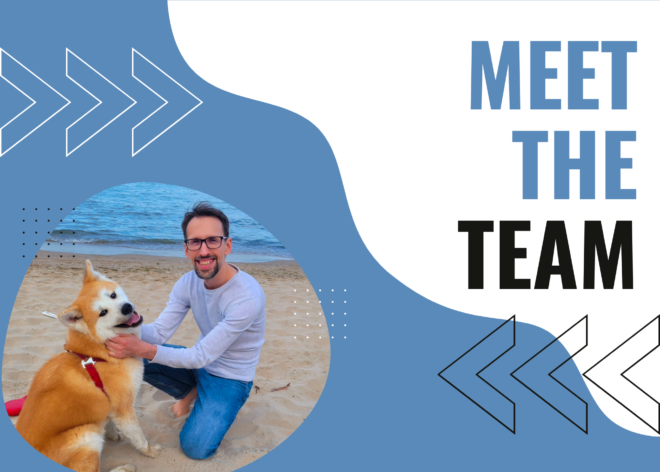An avid traveler and dog-lover, Tsimafei “Tim” Zaretski is also a multi-talented development manager from Belarus who is based out of Poland. When he’s not traveling the world with his wife or working on one of his many interests – including music, skiing, biking, and fishing – he’s using his problem-solving skills to lead a team of developers and engineers on exciting and forward-thinking projects.
What is your role at Softensity?
I’m currently working as a development manager on a project where I lead two teams at once. The first team is a development team building a fascinating regression testing tool. This tool is unique from any standard solution, so we have to think a lot while designing it. Fortunately, we have excellent engineers on this team, especially our Technical Leader, Halil Karaca. I rely a lot on him for technical and even managerial questions.
Up until January, I also led a DevOps team. I not only led it but also solved a bunch of DevOps tasks myself. Working on this team was challenging initially, as this was the first time I had touched any infrastructure or DevOps-related work. I learned a lot here, and this work ended up being much more interesting than I expected.
How did you originally become interested in IT?
I have a friend who has been keen on programming since the ‘80s. He taught me programming fundamentals when I was eleven and gave me an old computer (ZX Spectrum) with a BASIC programming language inbuilt. So, programming has been one of my interests for my whole life.
Where did you learn your technology skills? Did you attend university?
I started participating in Olympiads in Informatics (sports programming competitions) when I was 15. By the time I was 18, I was good enough at solving algorithmic tasks to probably pass most of the technical interviews to Google or Facebook. (By the way, I still don’t understand why top companies are checking your ability to solve algorithmic tasks in interviews, because you never use it in real work.)
Later I graduated from Warsaw University in Poland with a degree in Computer Science. It was a great time and an exciting experience, but I learned most of my skills at work or by self-education.
What advice would you give to someone considering a career in IT?

What are your favorite projects to work on?
I love working on projects for clients that are really transparent. They provide us with their business context and vision for the project and explain why they’re making certain decisions. As engineers, we try to be as transparent with the client as possible, so it’s nice when it goes both ways.
I also like when I feel trusted by management and the client. They listen to our estimations for time, capacity, and budget to build their project plans. We need the time to “pay the tech debt” — meaning we improve code quality and architecture before it gets too messy.
The team can also really make a project. I enjoy working on teams where most of us are senior-level engineers. It’s also best when the project management team is experienced, qualified, and well-structured to lead the engineering teams in the right direction.
Of course, I like working on projects that are more interesting to me with exciting new technologies, but even when that’s not the case, a project can still be cool to work on.
Do you have a favorite technology stack?
I mainly work in the Microsoft (.Net and Azure Cloud) stack. I like it, mostly because I’m accustomed to it. But .Net has grown to a very convenient, powerful, yet not over-complicated platform, so I could recommend it for creating enterprise and desktop applications.
By the way, I don’t think the technology stack matters a lot. Any technology will work more or less well (for suitable tasks) in the hands of the person who knows it and likes it. I would compare it to models of cars: they differ a bit, and people may hate some and love others, but if you order a taxi, the comfort of your trip depends more on a driver than on the model of the car.
What is it like to work with an international team? How do you connect with each other’s cultures?
Leading teams with people of different cultures requires different management and communication styles. It wasn’t always easy for me, but it’s interesting and broadens your horizons. My current teams consist of European engineers only (Belarusian, Polish and Turkish), so it is easier for me to understand them. We also have a lot of colleagues from Latin America in Softensity, so I learn from them to be more cheerful and enjoy life.
How does your team/community connect even when working remotely?
Our team communicates primarily through work-related calls, but it’s nice when we have some communication not related to an agenda of meetings, as we don’t have a physical “kitchen” where team members can chat informally.
From the community side, Softensity organizes different online team-building events from time to time that help you to know your colleagues better, connect with people from other teams or projects, and simply relax.
